Boutique Coffee Manor introduction: a detailed introduction of coffee beans in El Salvador coffee producing areas
Salvadoran coffee ranks side by side with Mexico and Guatemala as the producers of Asa and Merdo, and is fighting for the top one or two places in China and the United States with other countries. The highlands of origin are large coffee beans of all sizes, which are fragrant and mild in taste. Like Guatemala and Costa Rica, coffee in El Salvador is graded according to altitude. The higher the altitude, the better the coffee. It is divided into three grades according to elevation: the SHB= Highlands, the HEC= Highlands, and the CS= lowlands. El Salvador is also seen in the current barista competition and professional coffee training.
El Salvador's unique high-grade variety Pacamara, Pacamara is a sudden variation of the bourbon species found by Pacas Pacas- in El Salvador and a hybrid with the giant bean Maragogype, a sudden variant of the Tibica species found in Brazil.
The interesting thing about Christmas farm coffee is that its refining method is secret, using mineral-rich hot spring water to process raw coffee beans. The farm is located in fertile volcanic soil and rich in natural hot spring water, so it is all used in raw bean processing; there are many coffee gardens in the world, but this method is rare.
A supplementary note about this hot spring: the water temperature of the source is 85 degrees. A 2-inch pipe is used to direct the water to six hot spring pools at different elevations. The temperature is 32 degrees 34 degrees at the sixth hot spring pool. Then use the cooled hot spring water to process raw coffee beans. This hot spring water keeps flowing all the year round, and the local people drink it. It has a pH of 8.02 and contains ingredients that make coffee sweet.
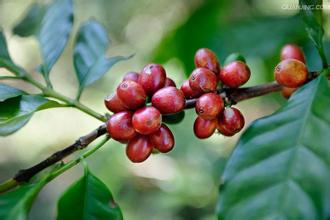
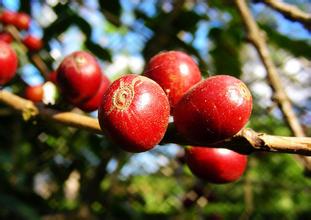
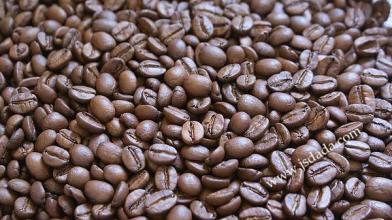
Source: wave Coffee College
Important Notice :
前街咖啡 FrontStreet Coffee has moved to new addredd:
FrontStreet Coffee Address: 315,Donghua East Road,GuangZhou
Tel:020 38364473
- Prev
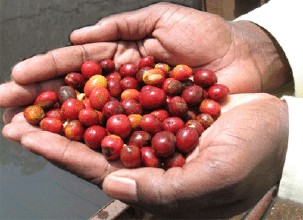
Introduction to boutique coffee manor: a secret discussion on the pure taste of coffee in the Blue Mountains of Jamaica
Jamaica's Blue Mountain Coffee is famous all over the world. Why does Blue Mountain Coffee taste so pure? The area of Jamaica is small, northeast of the capital Kingston is the Blue Mountains. Most of the peaks of the Blue Mountains are more than 1800 meters above sea level, and the famous Blue Mountain Coffee grows in this mountain area. According to reports, Jamaican coffee was introduced by a French naval officer from a nearby area in 1723, but
- Next
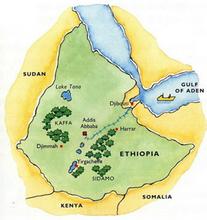
Introduction to Boutique Coffee Estate; Details of Ethiopian coffee beans (mocha)
Ethiopia (Ethiopia) is one of the major producers of Arabica coffee beans in Africa and produces the best Arabica mocha beans in the world. It is said that coffee beans were first discovered by shepherds in the Kafa region of Ethiopia, and the name of coffee evolved from Kafa, so Ethiopia is still the hometown of coffee. Production and processing of coffee beans Ethiopia
Related
- Does Rose Summer choose Blue, Green or Red? Detailed explanation of Rose Summer Coffee plots and Classification in Panamanian Jade Manor
- What is the difference between the origin, producing area, processing plant, cooperative and manor of coffee beans?
- How fine does the espresso powder fit? how to grind the espresso?
- Sca coffee roasting degree color card coffee roasting degree 8 roasting color values what do you mean?
- The practice of lattes: how to make lattes at home
- Introduction to Indonesian Fine Coffee beans-- Java Coffee producing area of Indonesian Arabica Coffee
- How much will the flavor of light and medium roasted rose summer be expressed? What baking level is rose summer suitable for?
- Introduction to the characteristics of washing, sun-drying or wet-planing coffee commonly used in Mantenin, Indonesia
- Price characteristics of Arabica Coffee Bean Starbucks introduction to Manning Coffee Bean Taste producing area Variety Manor
- What is the authentic Yega flavor? What are the flavor characteristics of the really excellent Yejasuffi coffee beans?

